To avert traffic snarls and public-order risks on counting day, the Delhi High Court has prohibited victory processions after DUSU results, directing DU, Delhi Police and the civil administration to enforce the curb across the Capital.
1) What exactly did the High Court order?
A Division Bench of Chief Justice D.K. Upadhyaya and Justice Tushar Rao Gedela directed that no victory processions be taken out by winning candidates or their supporters after the Delhi University Students’ Union (DUSU) results are declared. The ban applies in the campus and anywhere in the National Capital, reflecting the Bench’s concern that past “triumphal marches” spilled into public roads and became hard to police. The court also cautioned that disorder could invite stringent consequences, including curbs on DUSU office-bearers assuming charge if the election is not conducted in an orderly manner.
The order accompanies the court’s continuing supervision of code-of-conduct compliance—especially after reports of luxury vehicles, heavy machinery, and loud cavalcades during the campaign. Earlier hearings flagged defacement, littering, and traffic disruption; the Bench signalled that any further violations may be treated as contempt.
2) Why now? Context from a charged campaign
DUSU elections are among India’s most closely watched campus polls, often doubling as a barometer of youth sentiment. In the run-up to voting, the court noted a pattern of excesses—processions with tractors, JCBs and luxury SUVs, wall posters, and loud roadshows—and pressed authorities to act. Police reported hundreds of challans issued and additional deployments to manage traffic and crowding. The latest restriction on post-result rallies is meant to prevent counting-day spillovers onto arterial roads and neighbourhoods near North Campus and other colleges.
3) What does the order mean on the ground?
- No celebratory marches: Winning panels cannot lead processions either inside campus or anywhere in Delhi after results.
- Enforcement mandate: Delhi Police, DU officials and the civil administration have been told to take all permissible steps to prevent violations—before, during and after the poll.
- Counting-day operations: Expect barricades, traffic diversions, and crowd-control measures near counting centres and campus gates.
- Accountability warning: The Bench indicated it could curb the functioning/assumption of office if order is not maintained.
4) Democratic celebration vs civic discipline
Supporters of the curb frame it as a time-bound, preventive step: celebration can continue via indoor meetings or controlled gatherings; what’s off-limits are street parades that regularly escalate. The Bench underlined it is not interfering with elections but insisting on legality and order. Civil-liberties voices counter that blanket bans can chill student expression and urge designated zones with permits, time windows, noise caps, and route limits—an approach some campuses use during festivals. The court’s language, however, makes clear that public safety and rule compliance take priority on counting day.
5) The legal underpinnings (plain-English explainer)
- Supervisory jurisdiction: High Courts can issue directions to public authorities to ensure law and order and compliance with existing regulations during elections.
- Prior restraint vs public order: While courts avoid pre-emptively curbing speech, they may impose time, place, and manner restrictions when there’s a documented risk to public safety (e.g., traffic gridlock, vandalism, assaults).
- Contempt lever: Once a court issues directions, non-compliance can trigger contempt, which is why the order references consequences for violations.
6) Stakeholders: who must do what
- Delhi Police: Maintain perimeter control, enforce traffic plans, and disperse unlawful assemblies that resemble processions.
- Delhi University administration: Coordinate with colleges, secure gates and corridors, and communicate dos & don’ts to student groups.
- Student organisations: Shift celebrations indoors, avoid convoys and amplified music on public roads; ensure supporters comply.
- Civic bodies: Prevent defacement and clear campaign waste quickly to reduce flashpoints.
7) What happens if groups defy the order?
The Bench has explicitly warned that violations can trigger contempt and even affect the assumption of office by winners if disorder prevails. Practically, the police can stop and disperse any formation resembling a victory rally, levy challans for violations (noise, defacement, traffic disruption), and file cases where needed. The court’s ongoing monitoring suggests swift escalation if incidents occur.
8) Reading the signalling: beyond one campus poll
The ruling is a message to campus politics across Delhi—and arguably across India—at a time when student elections are resurging post-pandemic. By prioritising order over spectacle, the court is nudging universities toward discipline-first poll culture. It also places an onus on parties that back student wings to de-glamourise convoys and cavalcades and invest more in debates, manifestos and governance in student bodies.
9) Could there have been a middle path?
Urban-governance experts often recommend pre-notified, police-escorted, ultra-short loops or designated celebration zones. Those alternatives depend on tight compliance and crowd-management capacity—both of which, the Bench implied, have been tested and found wanting during the campaign. Given the narrow time window around counting, the court opted for a clear, enforceable line: no victory processions.
10) Practical guide for candidates & supporters (shareable)
- Celebrate indoors (auditoriums, seminar halls) with permission.
- No convoys of bikes/SUVs/tractors/JCBs; no loudspeakers in public spaces.
- Avoid public roads for group marches; don’t block gates, crossings, or bus stops.
- Keep celebrations short, seated, and supervised by faculty/college authorities.
- Use social media for victory notes; avoid provocative slogans that risk crowding.
- Cooperate with police instructions; non-compliance risks contempt.
11) Timeline & what to watch next
- Polling/Counting: Voting on Sep 18; results Sep 19 (as reported).
- Enforcement: Expect stepped-up deployment near North Campus, South Campus and major colleges; watch for traffic advisories.
- Post-result: If incidents occur, the court may seek reports and consider further measures, including penalties.
12) The bigger idea: re-centering student politics
DUSU’s potential lies in governance—budgeting, campus services, academic voice—not in cavalcades. By pressing pause on processions, the Bench is (implicitly) asking student leaders to win with restraint and govern with responsibility. If parties and unions respond with policy-heavy agendas and cleaner campaigns, the campus—and the city—benefit.
#DUSU #DelhiHighCourt #CampusElections #LawAndOrder #StudentPolitics #DelhiPolice #DU

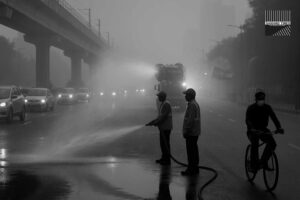


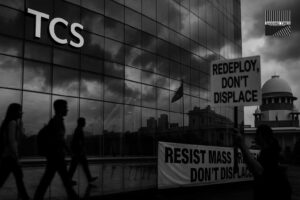


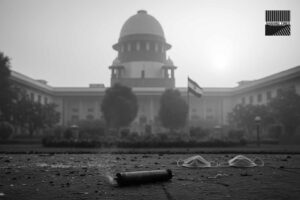
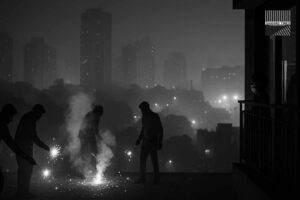


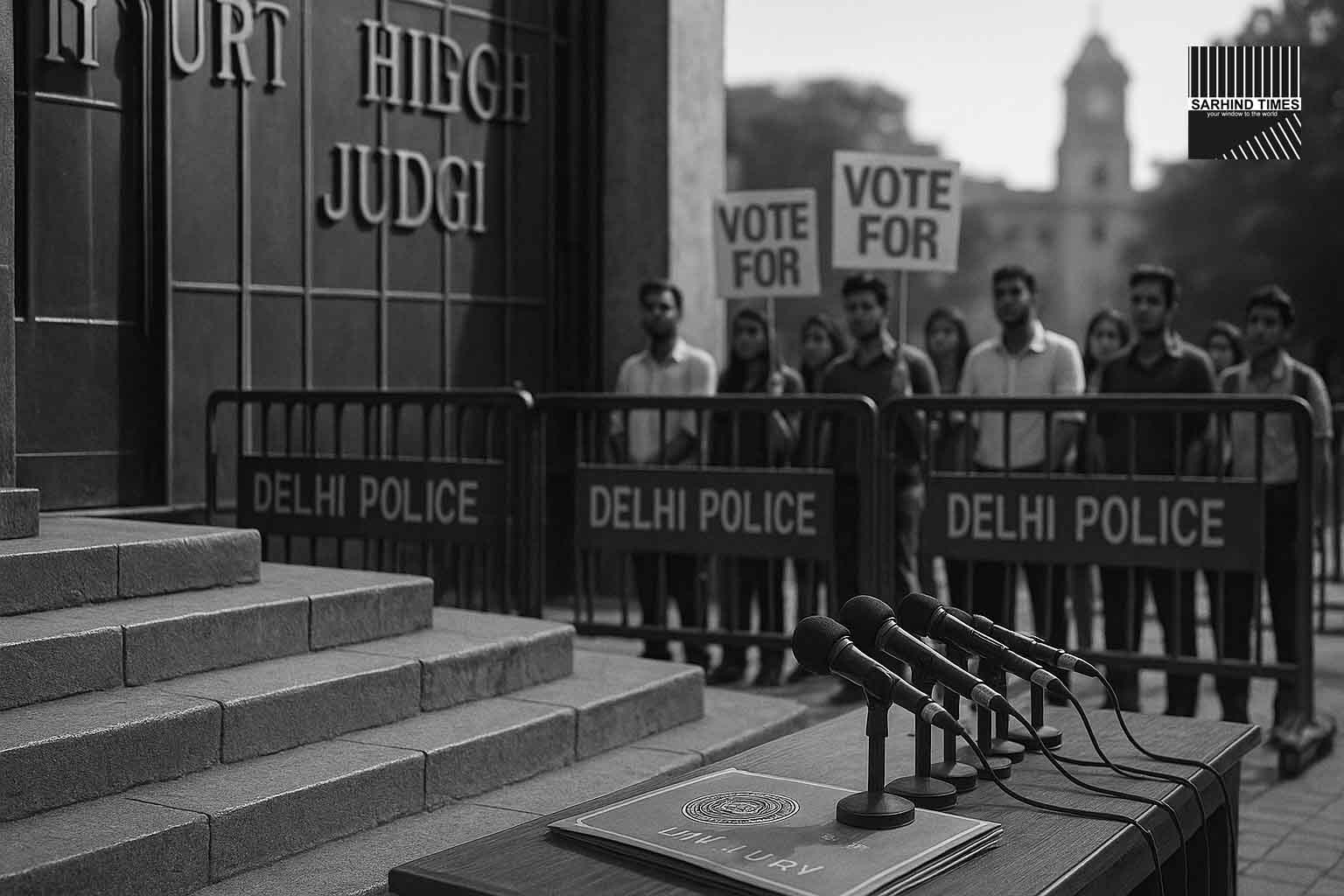
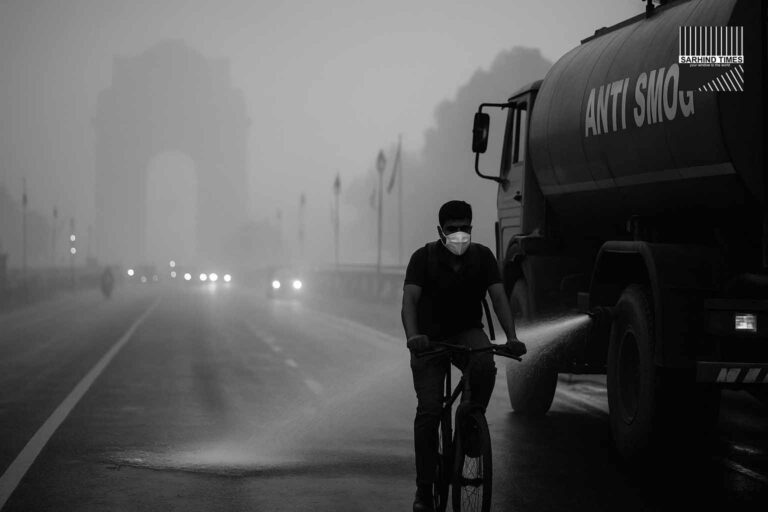
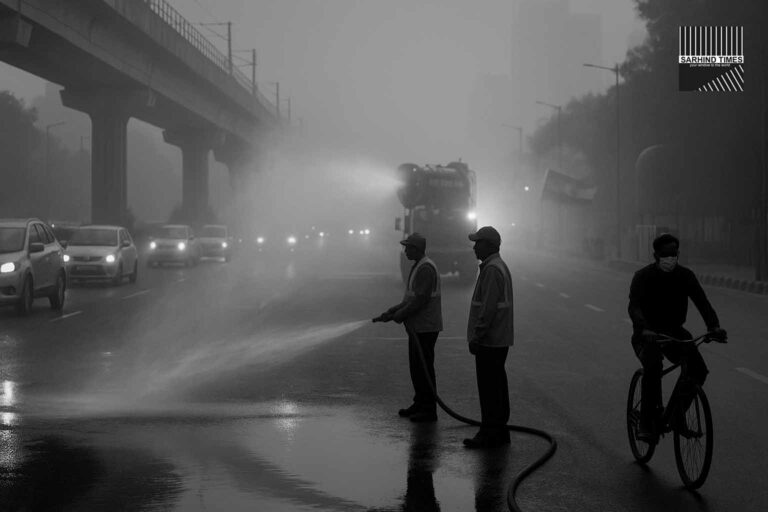
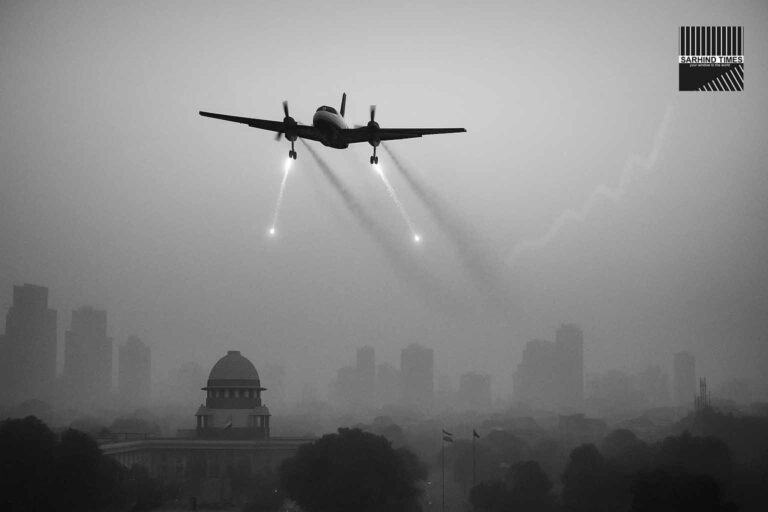




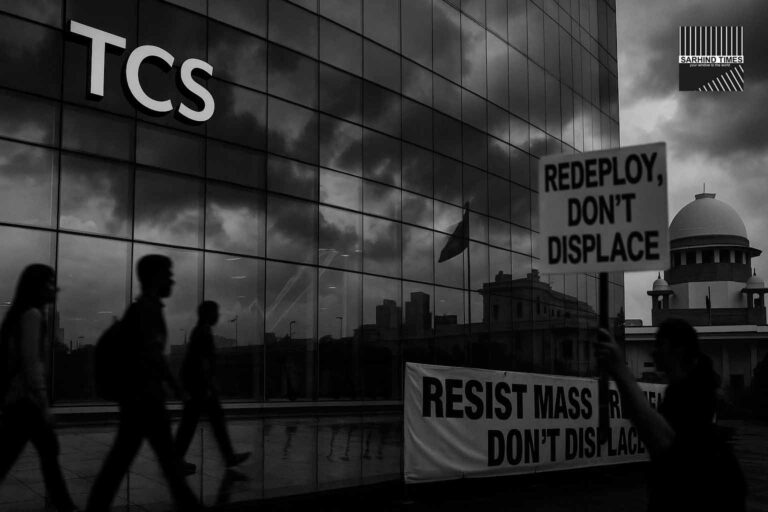
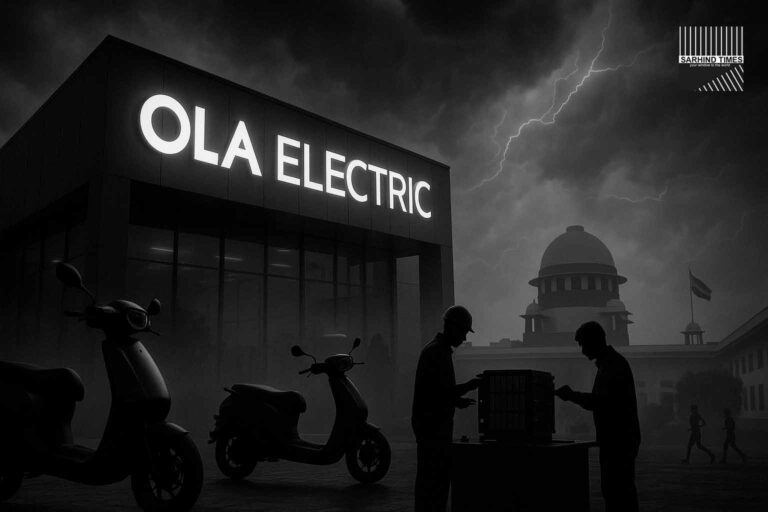
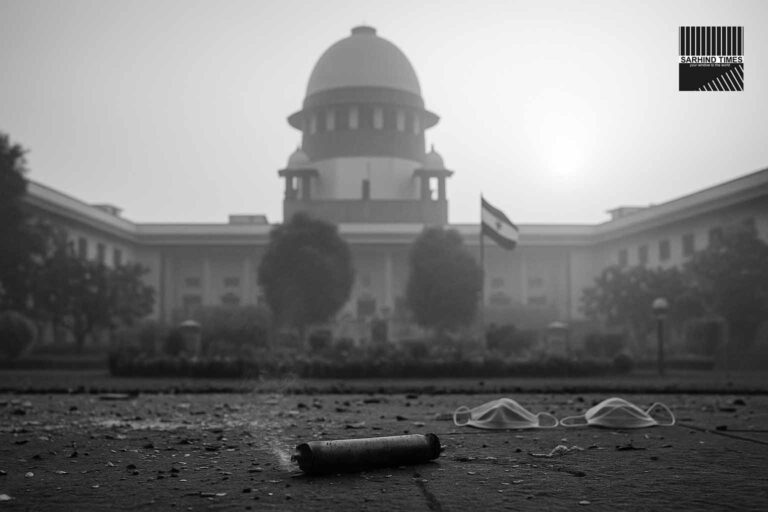
+ There are no comments
Add yours